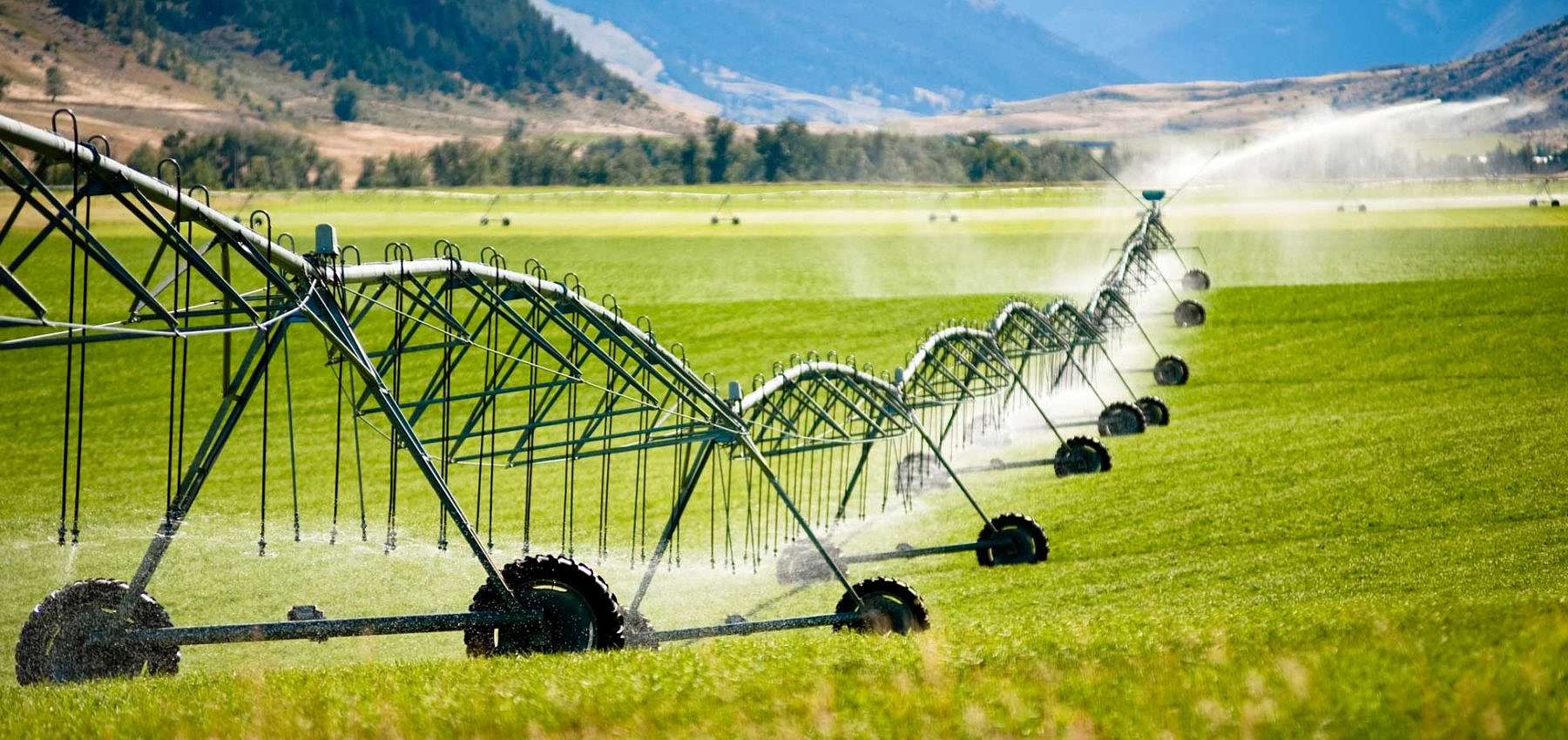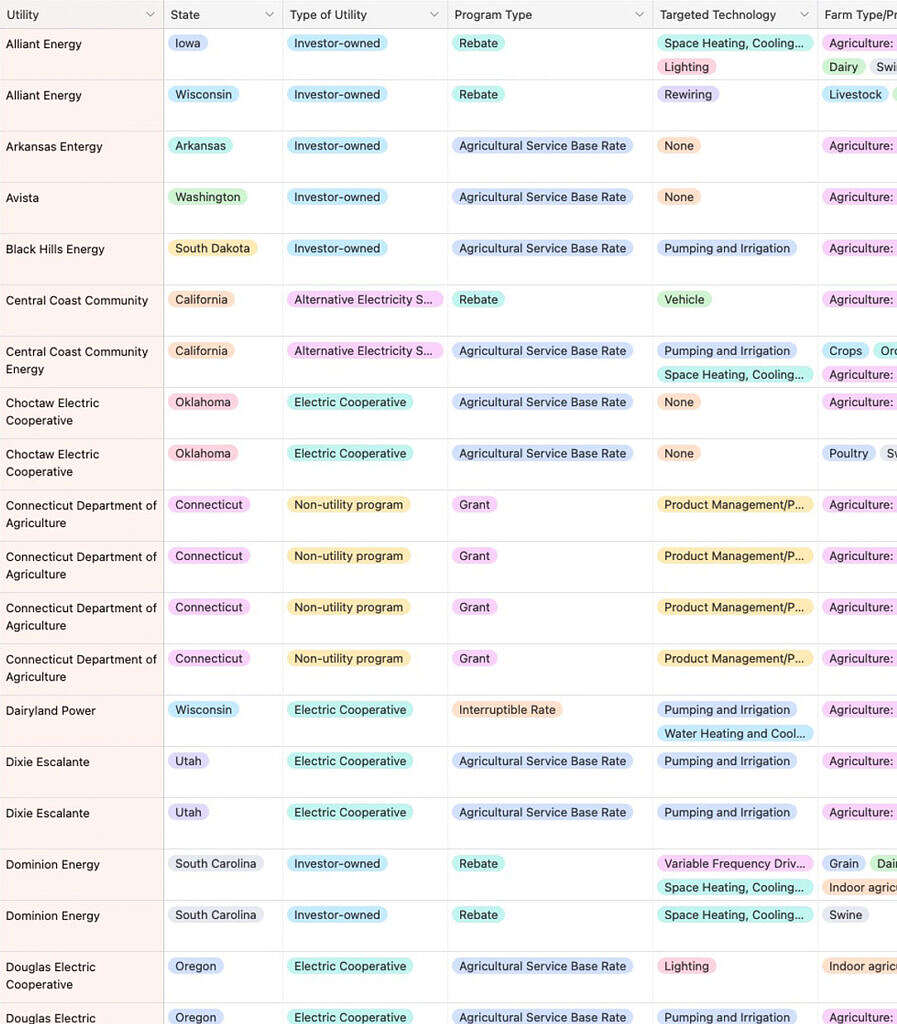Electrification breaks the direct relationship with fossil fuels by swapping out fossil fuel-powered tools and equipment for electrical models. However, the electrification of agricultural practices must acknowledge and accommodate the unique concerns and needs of the industry. Farmers must have access to electrified equipment that can match existing fossil-fuel-powered equipment for power, endurance, predictability, and maintenance. Stakeholders must work collaboratively to understand and navigate the unique challenges of farm-specific electrification, advocating for the development of programs that accommodate and enhance agricultural uses.
To be considered beneficial, electrification must satisfy at least one of the following criteria without adversely affecting the other two:
-
improve electric grid management,
-
reduce long-term costs for utilities and consumers, and
-
decrease end-use emissions.
Satisfying all three criteria best supports climate change mitigation efforts.


